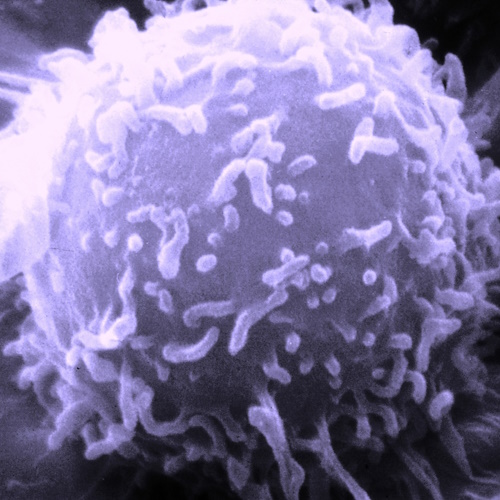Key points from article :
A new study led by Dr. Dan Winer at Buck Institute for Research on Aging, published in Nature Reviews Immunology, defines the emerging field of astroimmunology, which examines how spaceflight affects the human immune system. With commercial spaceflight and missions to the Moon and Mars on the horizon, understanding immune changes in space is crucial. Spaceflight weakens immunity, causing issues such as respiratory infections and skin rashes, which may worsen on long-duration missions. The study reviews how space-related stressors—including microgravity, cosmic radiation, disrupted sleep, and physiological stress—interact to impair immune function.
The research integrates findings from Earth-based simulations and astronaut studies, including the International Space Station, NASA Twins Study, and SpaceX Inspiration4 mission. Using multiomic analyses, the team uncovered mechanisms behind immune dysfunction, such as changes in the microbiome and reactivation of latent viruses. Co-lead author Huixun Du notes that spaceflight acts as a model for accelerated aging, showing mitochondrial and cytoskeletal disruptions similar to those in aging, offering insights into maintaining cellular health.
The paper also outlines clinical risks and potential countermeasures, including immune monitoring, vaccination protocols, and space nutraceuticals like Quercetin. It emphasizes the importance of biobanking and longitudinal studies, such as the Cornell Aerospace Medicine Biobank, to track immune adaptation over time.
Overall, this work establishes astroimmunology as a formal subfield, providing a roadmap for protecting astronaut health and offering insights applicable to aging research on Earth.







